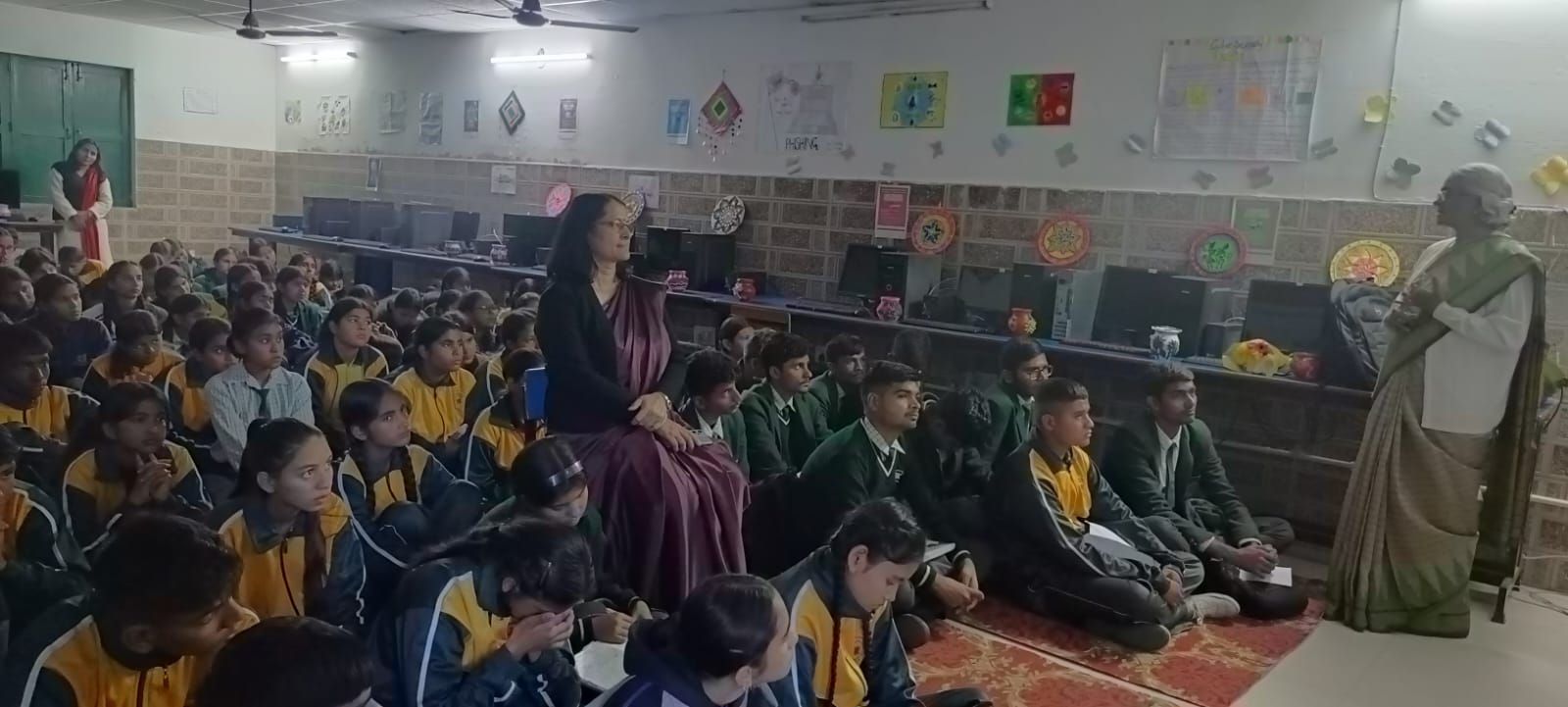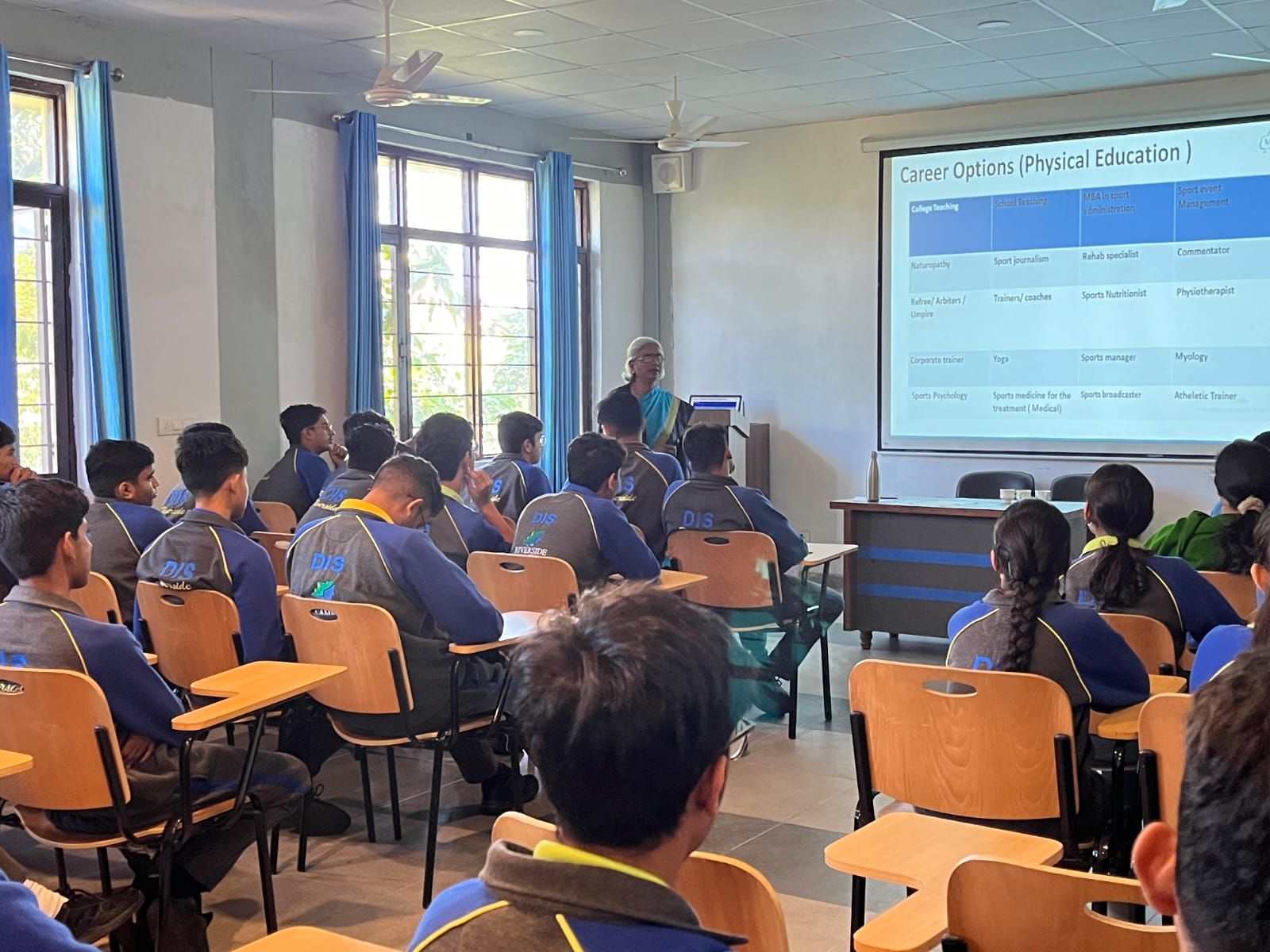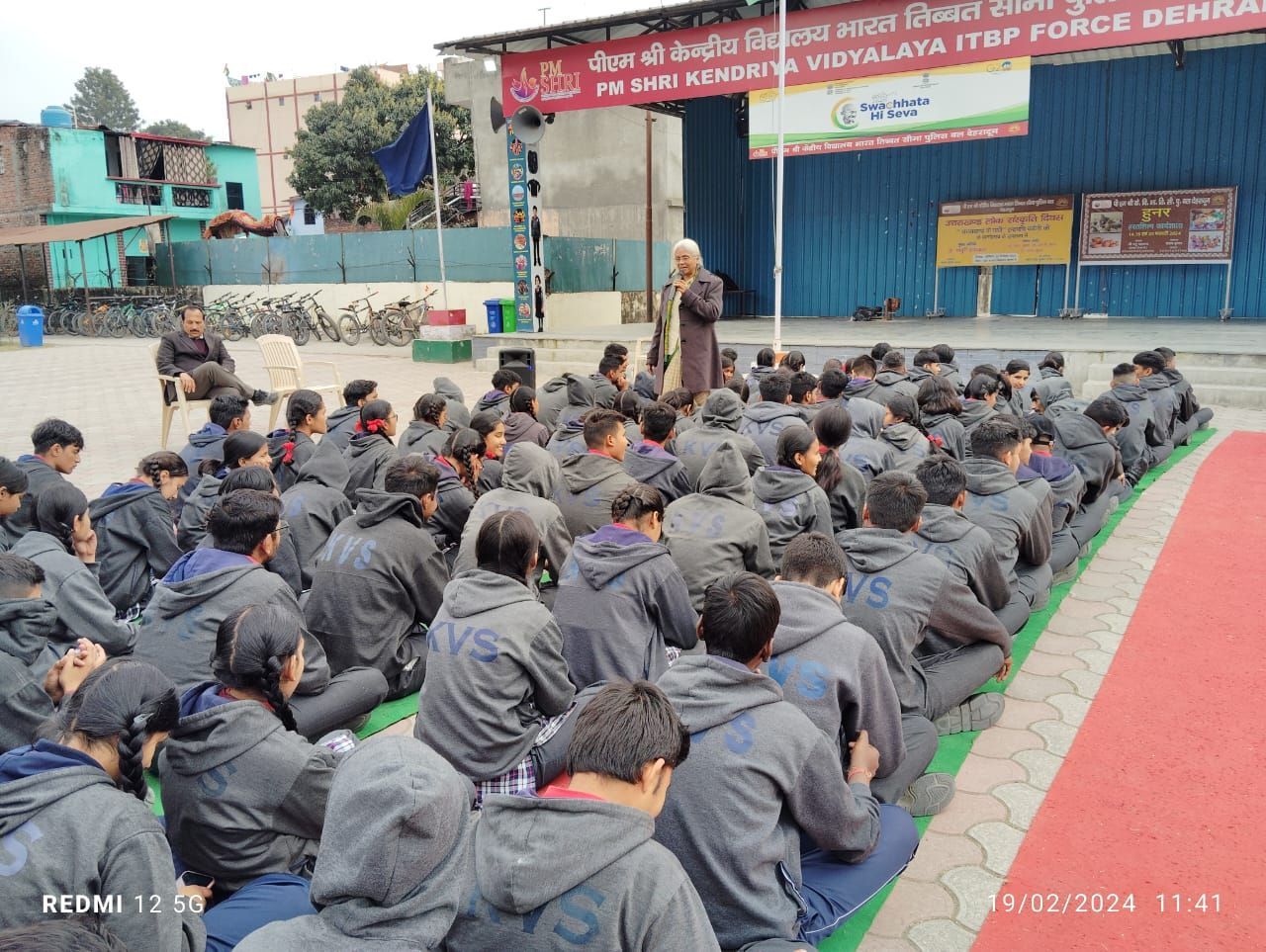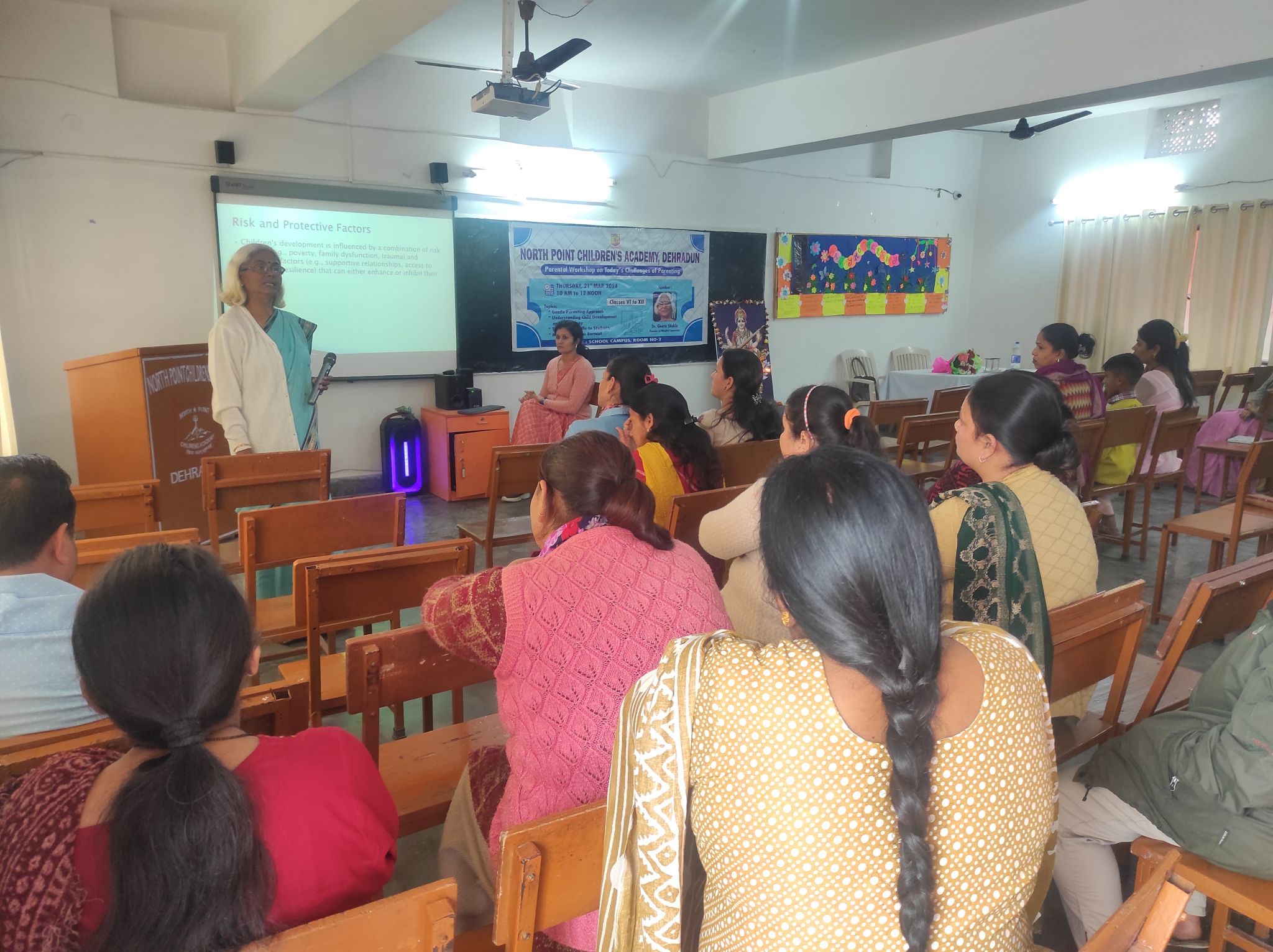Career Counseling



Here are some general guidance on career counseling:
- Self-Assessment: Begin by assessing your interests, values, skills, and personality traits. Understand what motivates you and what you enjoy doing. There are various tools and assessments available online, such as Myers-Briggs Type Indicator (MBTI), Holland Code, or StrengthsFinder, that can help you gain insights into yourself.
- Explore Options: Research different career fields and industries that align with your interests and skills. Consider job shadowing, informational interviews, internships, or volunteering opportunities to gain hands-on experience and insights into various professions.
- Set Goals: Define clear, achievable career goals based on your interests and aspirations. Break down your goals into smaller, actionable steps to make progress towards them.
- Education and Training: Determine if further education or training is necessary to pursue your desired career path. This could include obtaining a degree, certification, or acquiring specific technical skills through courses or workshops.
Guidance And Counseling



Guidance and counseling are essential components of personal and academic development, providing support and assistance to individuals in navigating various challenges and making informed decisions. Here's an overview of guidance and counseling:
- Definition: Guidance refers to the process of helping individuals, particularly students, in making choices regarding their personal, educational, and career goals. Counseling involves providing support, advice, and intervention to individuals facing personal, social, emotional, or behavioral issues.
- Objectives:
- Help individuals understand their strengths, weaknesses, interests, and abilities.
- Assist in setting realistic goals and making informed decisions related to education, career, and personal life.
- Provide support during times of personal crisis, stress, or emotional difficulties.
- Enhance self-awareness, self-esteem, and resilience.
- Facilitate problem-solving and decision-making skills.
- Settings: Guidance and counseling services are provided in various settings, including schools, colleges, universities, workplaces, community centers, and counseling centers.
- Ethical Considerations: Guidance and counseling professionals adhere to ethical guidelines, including confidentiality, respect for clients' autonomy, informed consent, and cultural competence.
Parent Coaching



Parent coaching refers to a professional service designed to support and guide parents in various aspects of parenting. Parent coaches typically work with parents to address specific challenges they may be facing in raising their children, offering guidance, strategies, and support tailored to the individual needs of the family.
Here are some key aspects of parent coaching:
- Support and Guidance: Parent coaches provide support and guidance to parents in navigating the complexities of raising children. They help parents develop strategies for addressing specific issues such as behavior management, communication, discipline, and fostering positive parent-child relationships.
- Individualized Approach: Parent coaching is typically tailored to the specific needs and circumstances of each family. Coaches work closely with parents to understand their unique challenges and goals, and then provide personalized strategies and support.
- Skill-Building: Parent coaching often involves helping parents develop and strengthen their parenting skills. This may include learning effective communication techniques, positive discipline methods, stress management strategies, and ways to promote child development and well-being.
- Problem-Solving: Parent coaches assist parents in identifying and addressing specific challenges or issues they may be facing in their parenting journey. This could range from managing difficult behaviors to navigating transitions such as divorce, blending families, or dealing with developmental milestones.
- Empowerment: A key aspect of parent coaching is empowering parents to become more confident and effective in their parenting roles. Coaches help parents build upon their strengths, develop new skills, and gain a deeper understanding of their children's needs and behaviors.
- Non-judgmental Support: Parent coaches provide a safe and non-judgmental space for parents to express their concerns, fears, and frustrations. They offer empathy and understanding while helping parents explore solutions and make positive changes.
Teacher Training



Teacher training refers to the process of preparing individuals for careers in education. This training typically involves a combination of coursework, practical experience, and professional development to equip educators with the knowledge, skills, and strategies needed to effectively teach students. Teacher training programs vary depending on the level of education being taught (e.g., early childhood, primary, secondary, higher education) and the specific requirements of different educational systems or institutions.
Key components of teacher training may include:
- Pedagogy: Instruction on teaching methods, educational theories, and instructional strategies tailored to different subjects and age groups.
- Subject-specific content: In-depth study of the academic content to be taught, including curriculum standards and best practices for delivering instruction in subjects such as mathematics, science, language arts, and social studies.
- Classroom management: Techniques for creating a positive learning environment, maintaining discipline, and managing student behavior effectively.
- Assessment and evaluation: Training on designing and implementing assessments to measure student learning, providing feedback, and using assessment data to inform instructional decisions.
- Diversity and inclusion: Strategies for creating inclusive classrooms that support the diverse needs of all students, including those with disabilities, English language learners, and students from diverse cultural backgrounds.
- Technology integration: Instruction on incorporating educational technology tools and resources into teaching practice to enhance student engagement and learning outcomes.
- Field experience: Opportunities for prospective teachers to gain practical classroom experience through student teaching, internships, or practicum placements under the supervision of experienced educators.
- Professional development: Ongoing opportunities for practicing teachers to continue their learning and development throughout their careers, including workshops, conferences, and graduate coursework.
